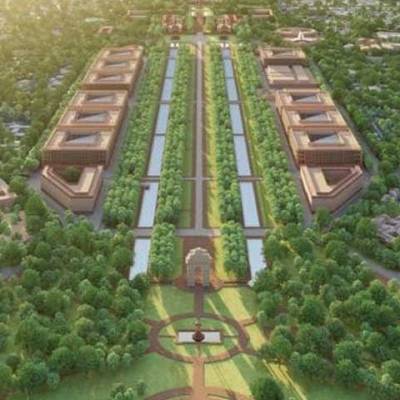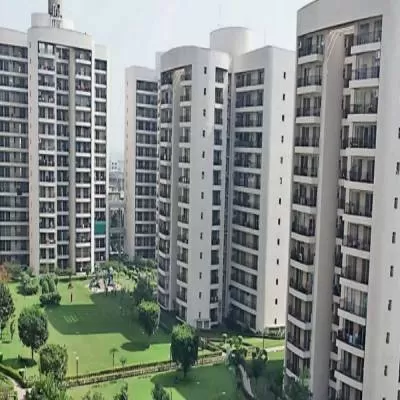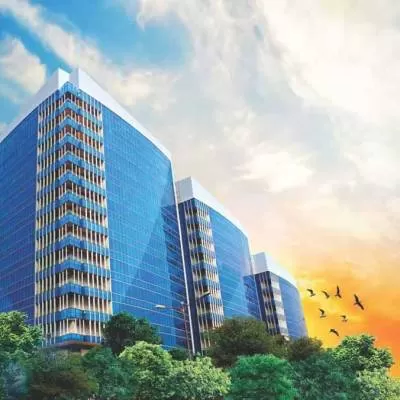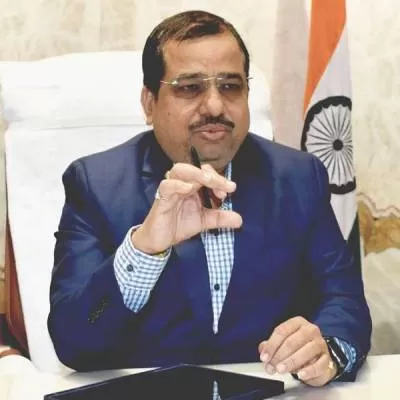The Imperatives for the Construction Industry
31 Dec 2019
8 Min Read
Editorial Team
Growth 2.0 will be about leveraging our ‘well begun is half done’ scenario to attain the ‘All’s well that ends well’ state, says JAIRAM PANCH.‘Well begun is half
done’ – a phrase
we have often
heard in drama
dialogues, political commentaries,
academic literature...
Read full article
Try CW Gold Subscription at 167/Month
CW Gold Benefits
- Weekly Industry Updates
- Industry Feature Stories
- Premium Newsletter Access
- Building Material Prices (weekly) + trends/analysis
- Best Stories from our sister publications - Indian Cement Review, Equipment India, Infrastructure Today
- Sector focused Research Reports
- Sector Wise Updates (infrastructure, cement, equipment & construction) + trend analysis
- Exclusive text & video interviews
- Digital Delivery
- Financial Data for publically listed companies + Analysis
- Preconceptual Projects in the pipeline PAN India




















